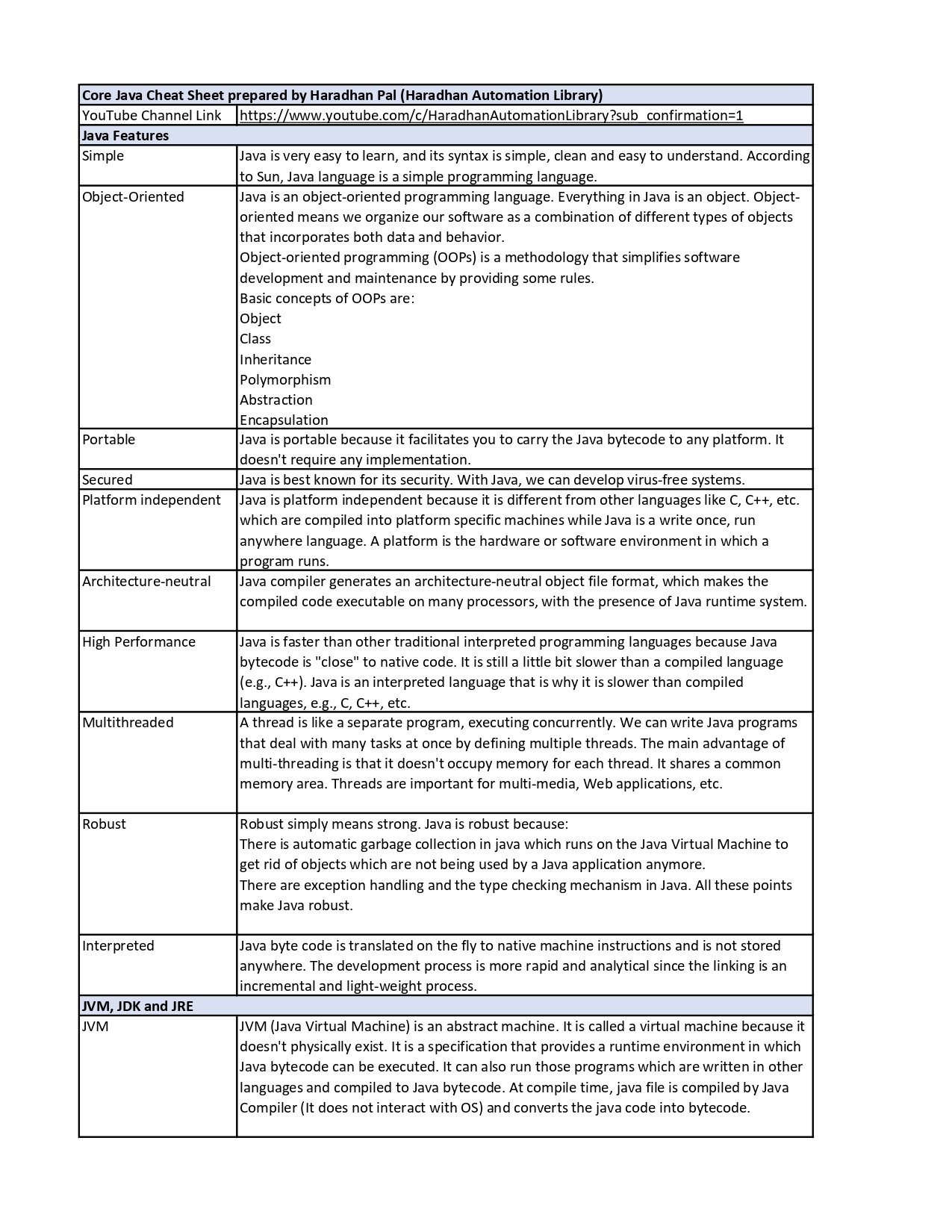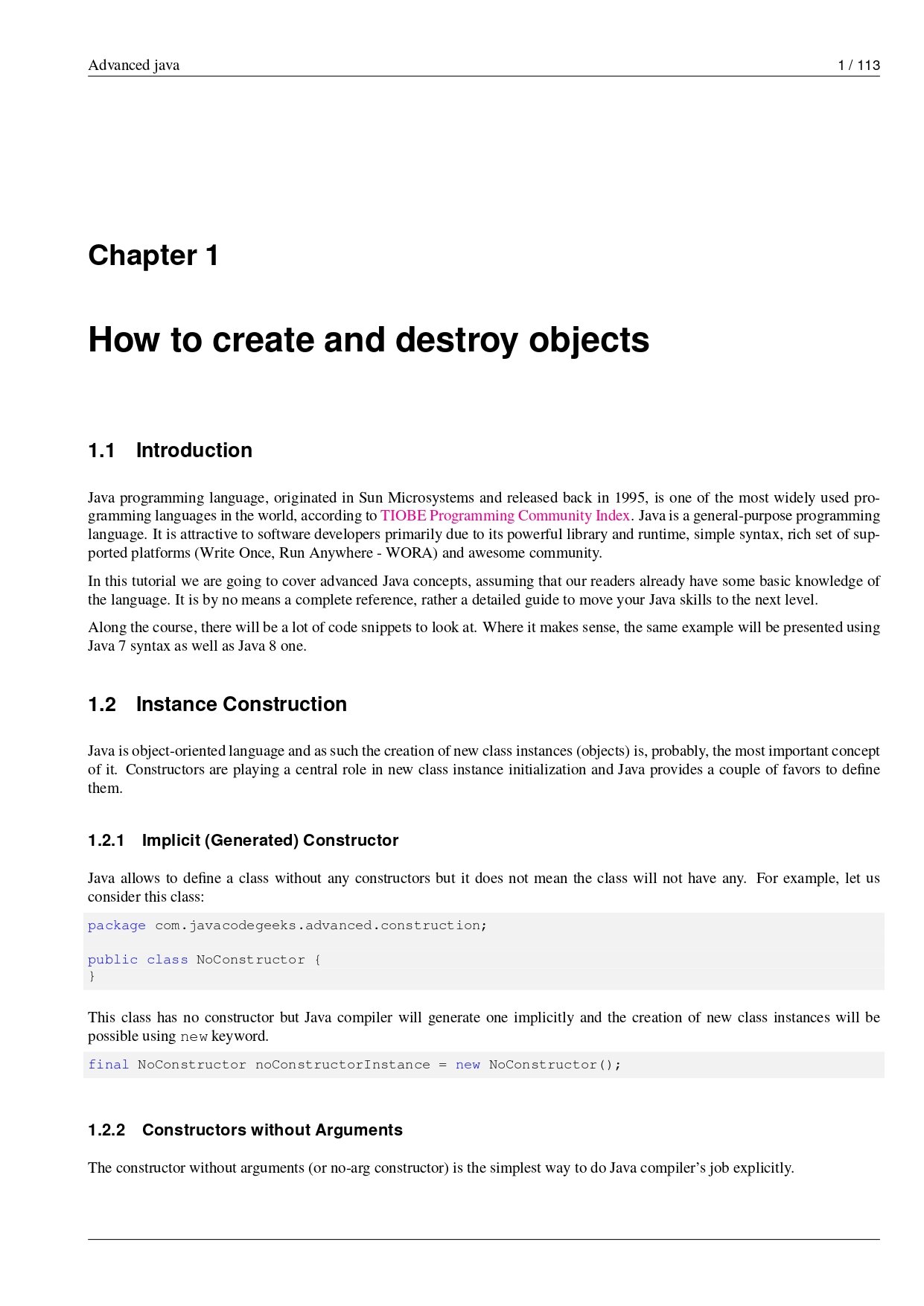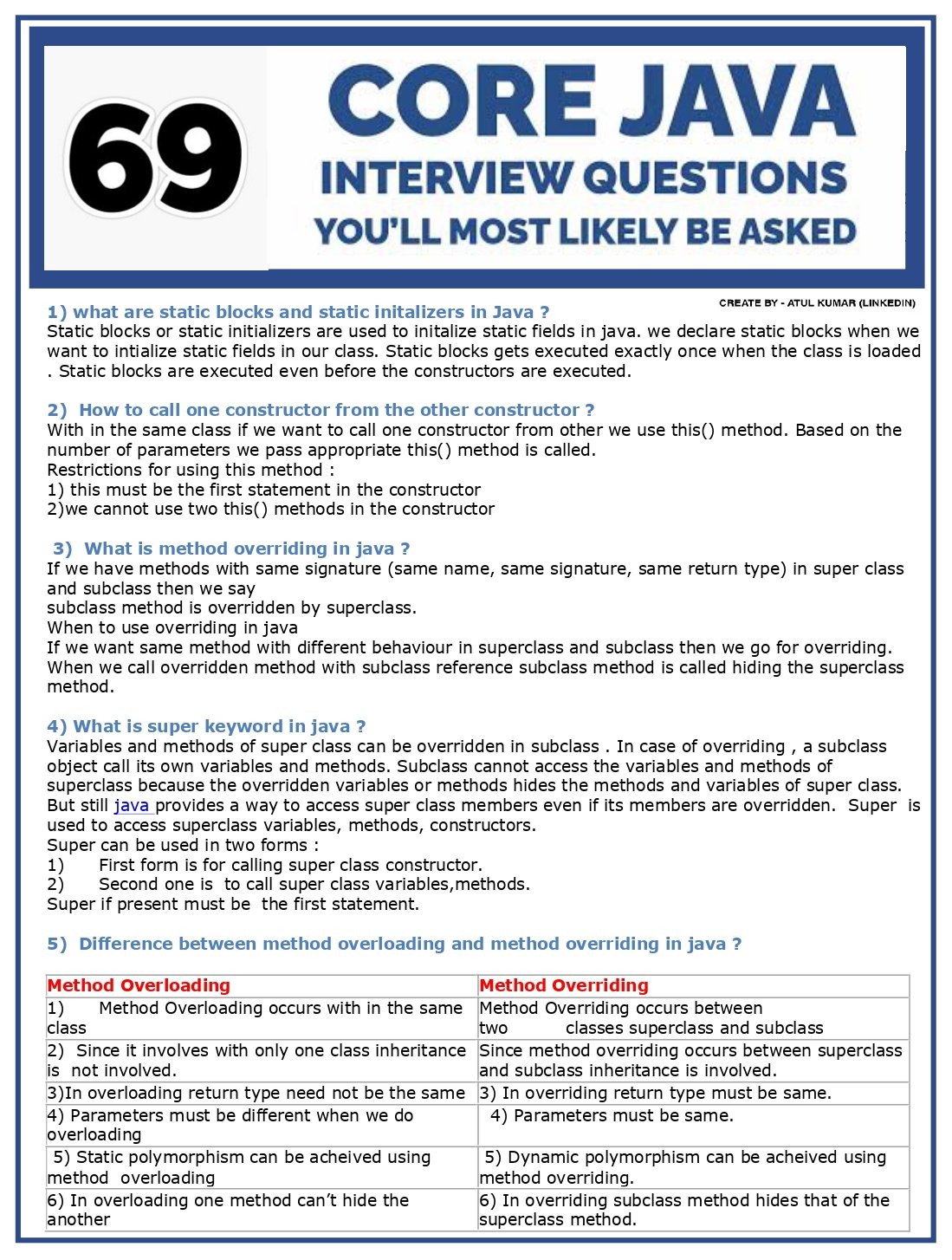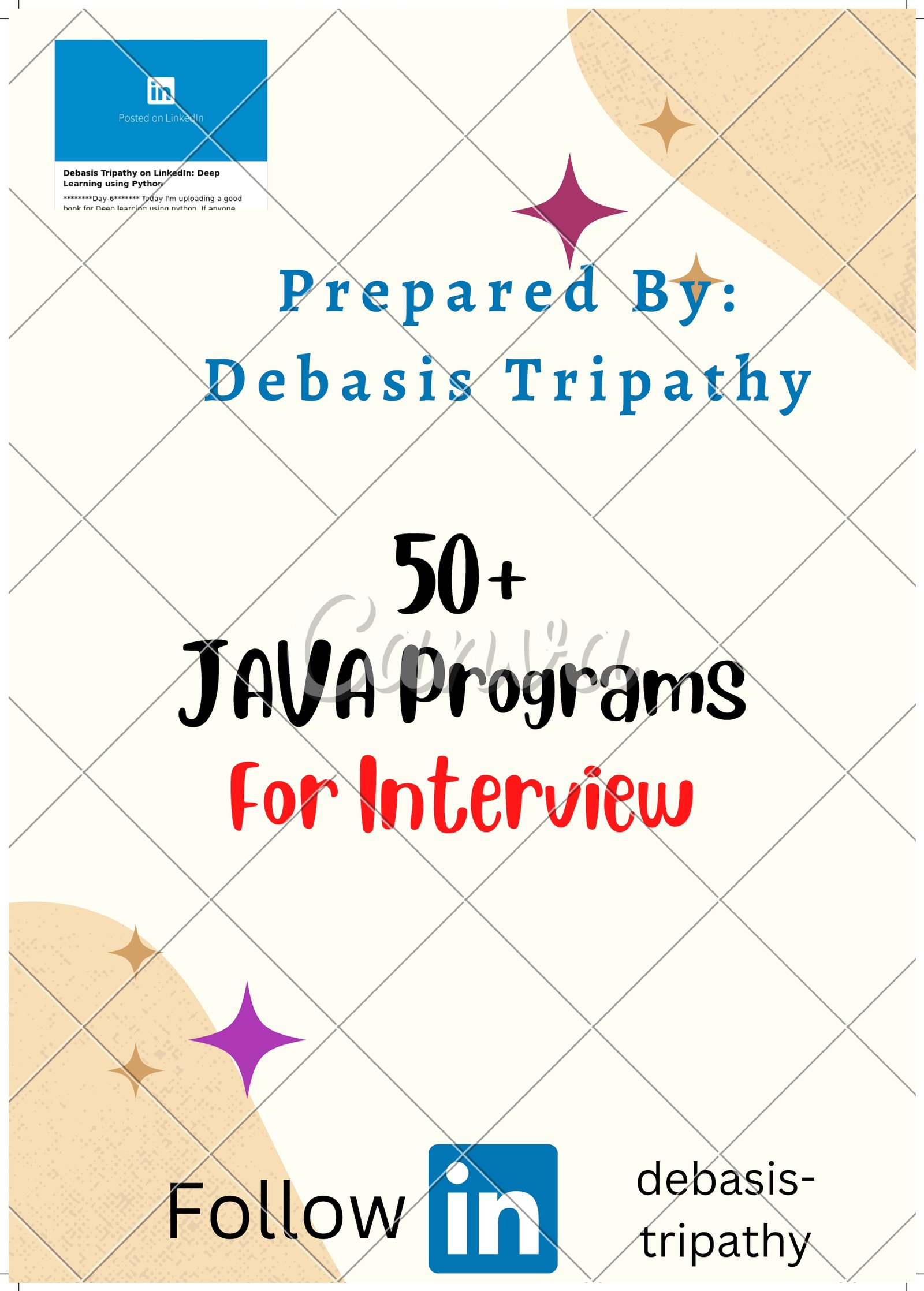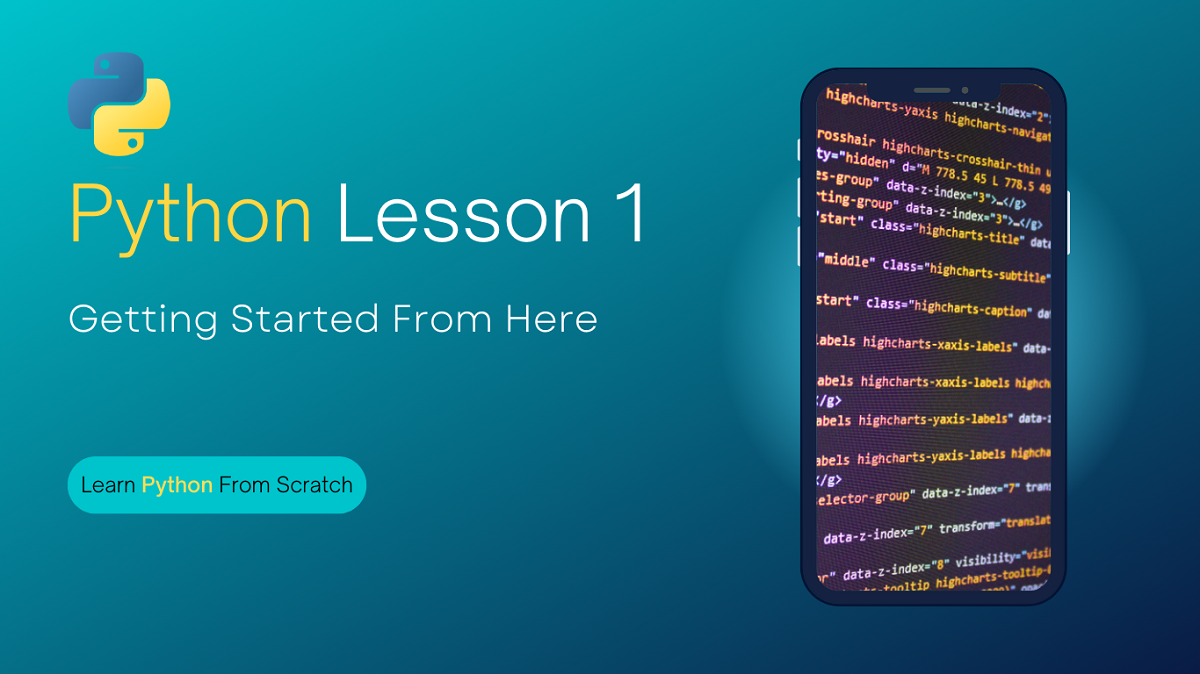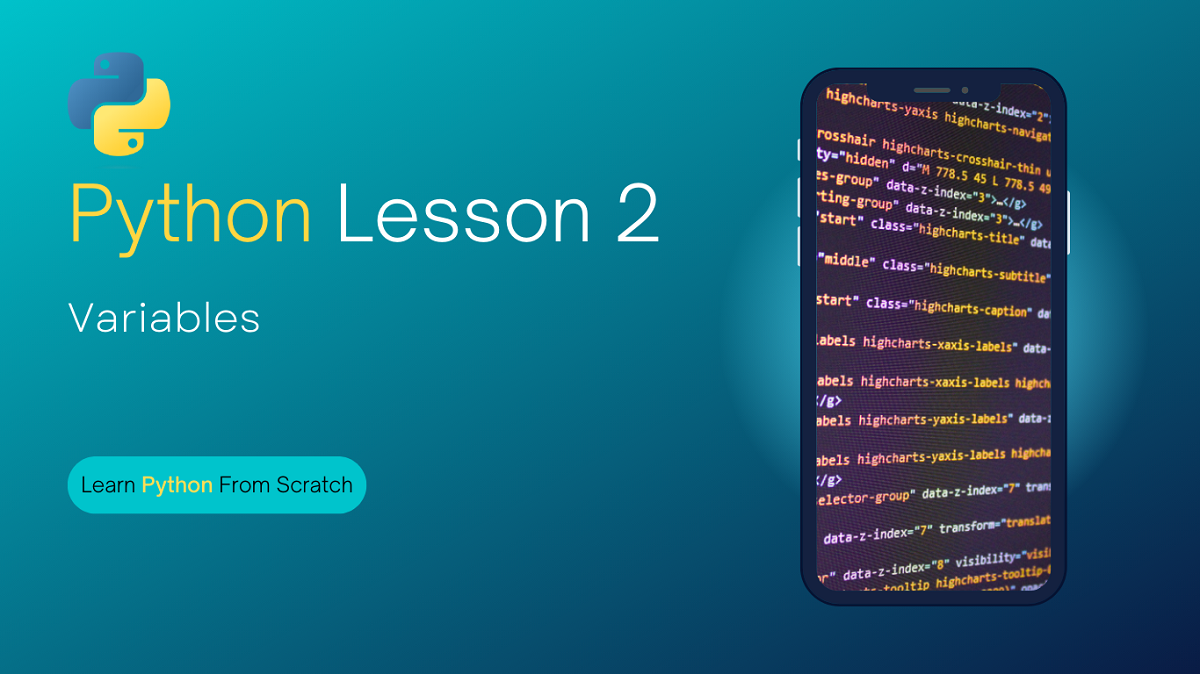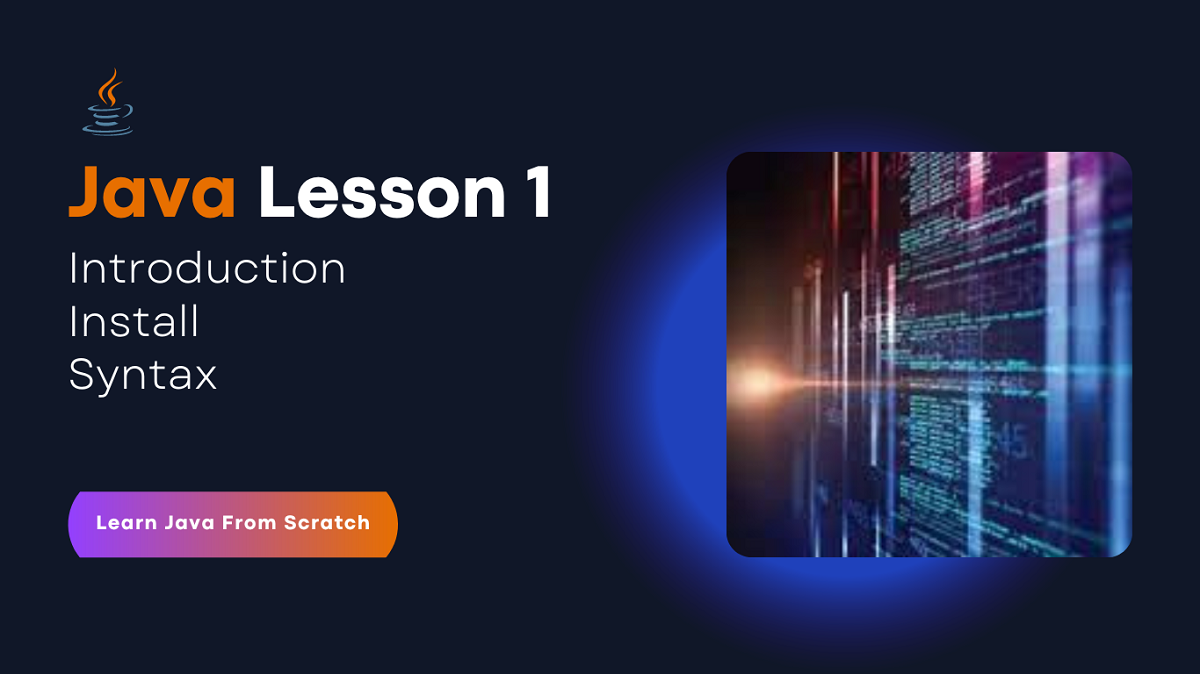Java is a powerful programming language that offers a rich set of features and libraries for building robust applications. When it comes to handling data efficiently, understanding the core concepts of data structures is essential. In this blog post, we present “Advanced Topics in Java Core Concepts in Data Structures (PDF).”
This comprehensive guide dives deep into the world of data structures in Java, covering advanced topics that will enhance your understanding and proficiency in working with data. Let’s explore this invaluable resource and unlock the power of data structures in Java!
Why Choose This PDF Guide?
The “Advanced Topics in Java: Core Concepts in Data Structures” guide offers a convenient and portable format for learning and reference. The PDF format allows you to access the guide on multiple devices and print it for offline study. It provides a structured and comprehensive resource that you can easily navigate, making it an excellent companion for mastering advanced data structures in Java.
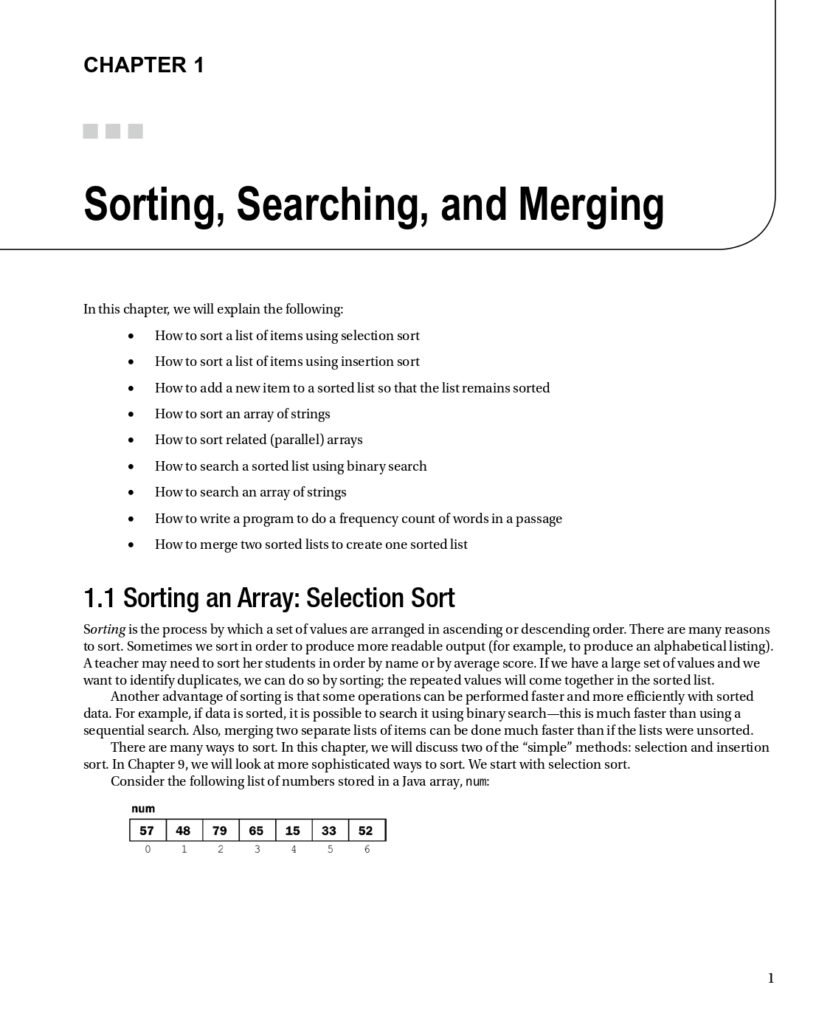
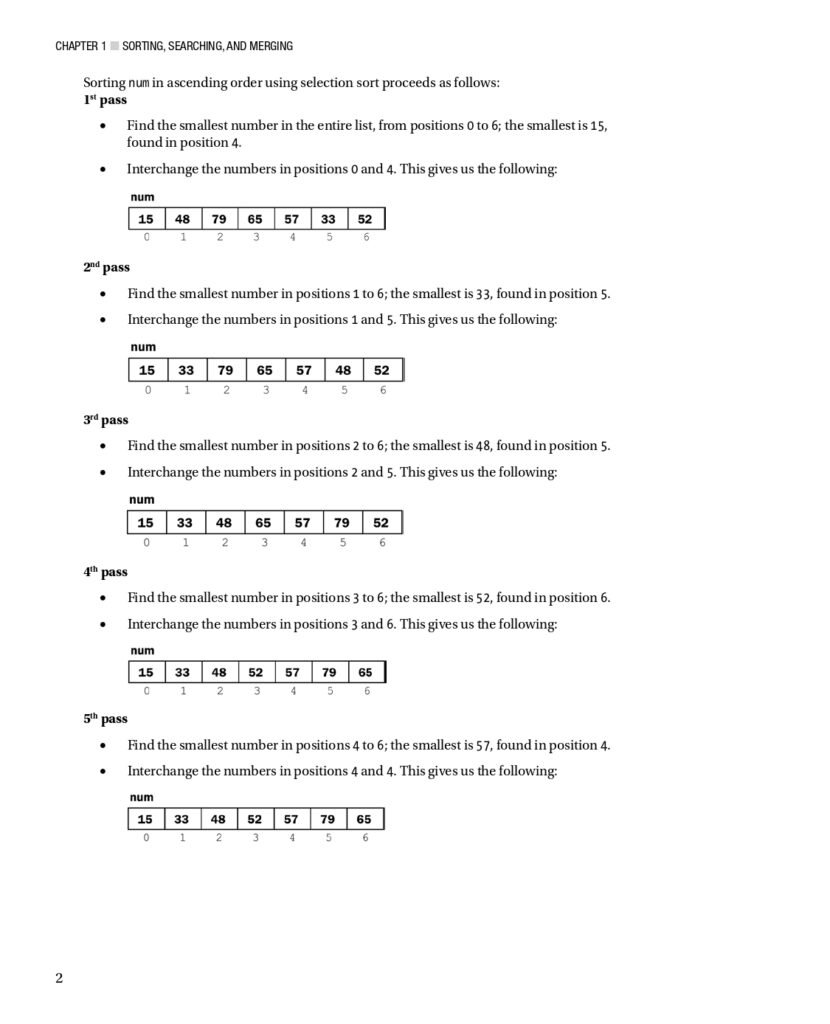
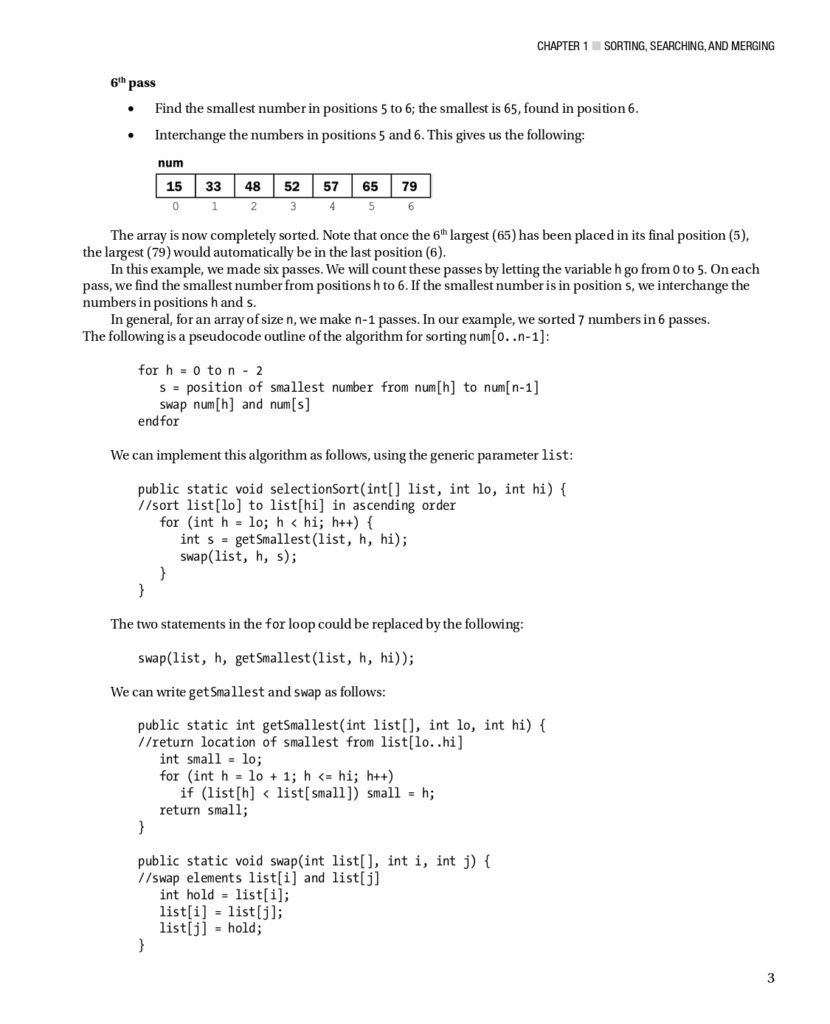


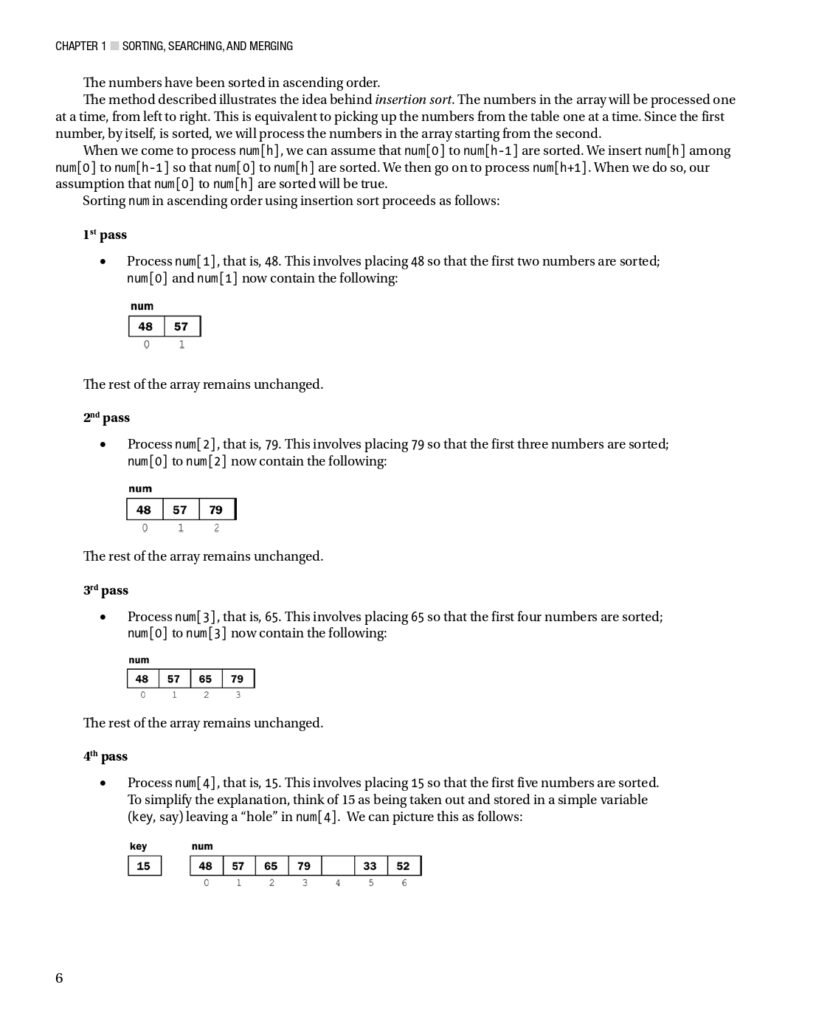

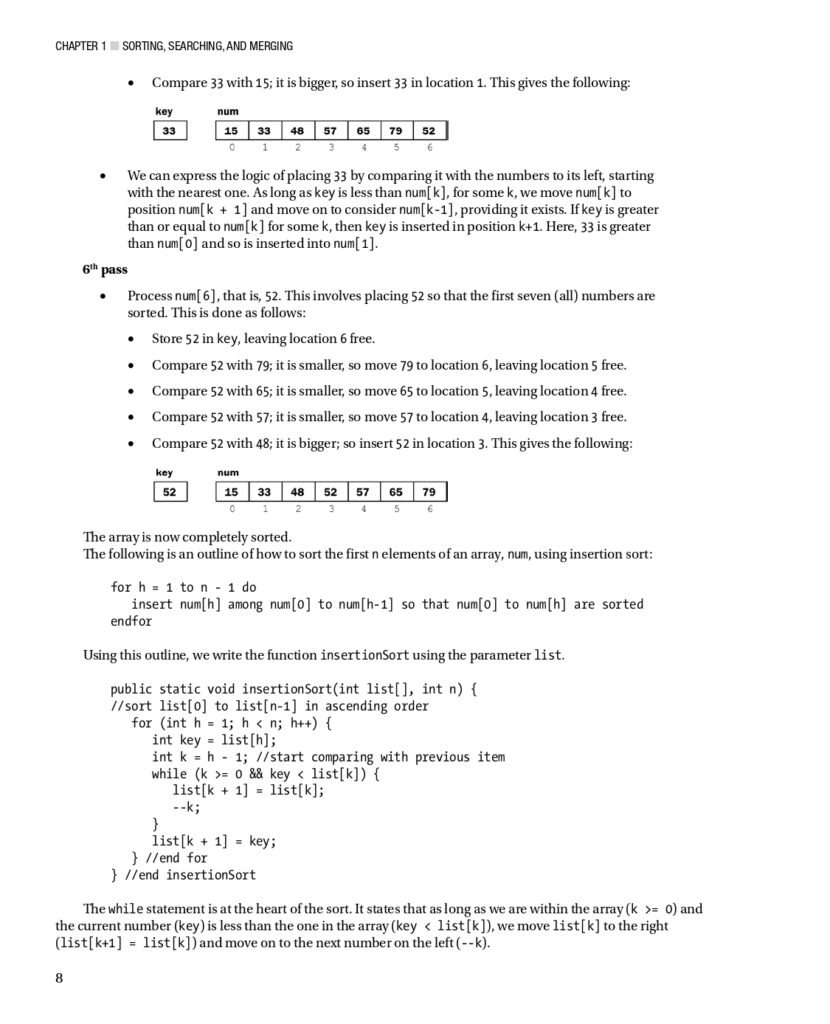
Key Topics Covered in the Guide:
The guide delves into advanced topics related to data structures in Java, providing in-depth coverage of essential concepts. Here are some key areas explored in this resource:
- Sorting, Searching, and Merging
- Introduction to Objects
- Linked Lists
- Stacks and Queues
- Recursion
- Random Numbers, Games, and Simulation
- Working with Files
- Introduction to Binary Trees
- Advanced Sorting
- Hashing
Key Features and Benefits:
The “Advanced Topics in Java: Core Concepts in Data Structures” guide offers several features and benefits to enhance your understanding and mastery of data structures:
a. In-Depth Coverage: The guide provides comprehensive coverage of advanced data structure concepts in Java. Each topic is explained in detail, with code examples and illustrations to reinforce your understanding.
b. Real-World Use Cases: The guide includes real-world use cases and examples to demonstrate the practical applications of data structures. This allows you to connect theory with practice and understand how to leverage data structures in real-world scenarios.
c. Code Snippets and Algorithms: The guide provides code snippets and algorithms for each data structure topic, enabling you to implement and experiment with the concepts. This hands-on approach enhances your programming skills and problem-solving abilities.
d. Visual Representation: The PDF format allows for visual representation of code snippets, diagrams, and examples. Visual aids aid comprehension and make the learning experience more engaging and memorable.
e. Convenient Reference: The PDF guide serves as a handy reference that you can access anytime, anywhere. Whether you’re studying for an exam or working on a data-intensive project, the guide will be your go-to resource for advanced data structure concepts in Java.
Conclusion
The “Advanced Topics in Java: Core Concepts in Data Structures” guide is an invaluable resource for Java developers seeking to enhance their understanding of advanced data structure concepts. With its comprehensive coverage, real-world use cases, and hands-on approach, this guide empowers you to master advanced data structures in Java.
So, download the PDF guide and embark on your journey to become a proficient Java developer. Let the guide be your companion as you explore the intricacies of data structures, refine your coding skills, and unlock new possibilities for data manipulation and optimization in Java.
Nu Of Pages
300 Pages
Download Advanced Topics in Java from here
For Java Tutorial PDF From here

